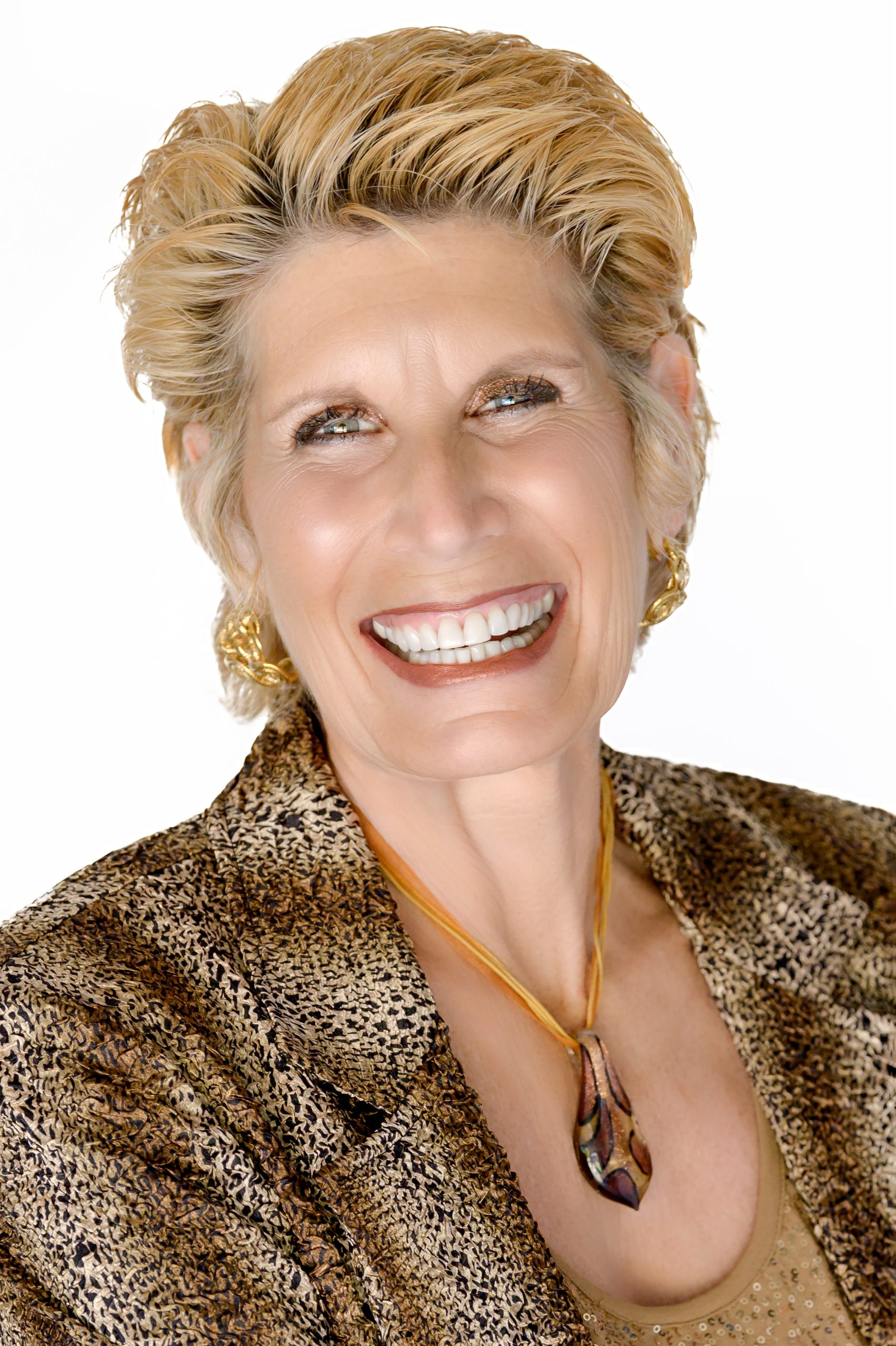One of the most respected advocates for assistants worldwide, Bonnie Low-Kramen worked for 25 years as a celebrity assistant and authored Be the Ultimate Assistant and Staff Matters: People-Focused Solutions for the Ultimate New Workplace. Named one of the Top 100 HR Influencers of 2024, Bonnie is a TEDx speaker whose work has been published in the Harvard Business Review and profiled in Forbes. Known for her passionate commitment to empowering women, she works to end discrimination, close the wage gap, and break the cycle of workplace bullying.
What were your initial years of growing up like? Tell us about your life before starting your corporate journey/venture/initiative.
I grew up as a smart but shy girl in suburban New Jersey. I didn’t have many friends and often felt like an outsider. I immersed myself in books, writing poetry, and watching television, dreaming of working in show business one day. When my mother took me to New York City at age six to see my first show at Radio City Music Hall, I was hooked. As a high school senior, I was cast as “Mame,” and at Rutgers, I majored in English and Theatre, combining my passions.
Although my mother worried about my job prospects in show business, I assured her I’d figure out how to support myself—and I did. Nothing about my career was planned; it was shaped by people who opened doors for me. My first job out of college was in a theater box office, selling tickets—a role I loved. That job led to others, eventually to an interview with Olympia Dukakis in 1986, just a year before her Moonstruck fame.
My story is about timing, luck, and saying yes to the right opportunities. I learned that everyone stands on the shoulders of others—no one achieves success alone.
What was the idea or motivation that made you start your business/initiative?
My motivation was frustration. In 1996, after working with Olympia Dukakis for 10 years, I realized there were no resources for assistants, especially celebrity assistants. Around that time, I heard about a new group, New York Celebrity Assistants, forming in New York City. Though I lived in New Jersey with my eight-year-old son, I knew I had to join. I became a member alongside seven others and, a year later, was asked to serve as President. I said yes.
Leadership is not easy, but it’s rewarding. Today, New York Celebrity Assistants is 28 years old and thriving. My experience with supportive female executives taught me the importance of mentorship—a lesson I’ve carried forward.
I began writing Be the Ultimate Assistant, the book I wished I had when starting out. Self-publishing it led to speaking engagements and, eventually, the founding of Ultimate Assistant Training and Consulting Inc.
Would you like to share with our young, budding women entrepreneurs the change you’d like to see in the world?
I want women to have the confidence to show up, stand up, and speak up about issues that matter to them. I dream of equal representation of women in government and corporate leadership. Early assertiveness training for girls and a culture of advocacy and allyship among women are crucial.
I want to eliminate double standards, close the wage gap, and ensure women earn as much as their male counterparts without needing to prove themselves multiple times over.
What are your thoughts on women in leadership today?
- Support Female Leaders: Senior leadership must prioritize and advertise support for female leaders. Companies like PepsiCo, Dell, and Synchrony exemplify this with initiatives, financial incentives, and STEM encouragement programs.
- Family-Friendly Policies: Companies like Hilton and HubSpot celebrate working mothers with policies like adoption assistance and generous leave. Susan Wojcicki’s leadership at Google exemplified how family leave policies can reduce resignations and boost retention.
- Pay Equity: Companies like CitiGroup and Salesforce publicly post salaries and work to close wage gaps. Industry leaders like Chadwick Boseman have also advocated for pay parity in Hollywood.
- Education and Development: Melinda Gates has committed $1 billion to promote women’s leadership. Programs addressing harassment, bullying, and diversity are essential. Johnson & Johnson exemplifies how professional development can champion women.
- Build Talent Pipelines: Partnerships with business schools by companies like Cisco and Adobe help address workplace gender issues early.
What systemic changes are needed to ensure equitable access to leadership roles for women?
Support for working mothers is essential. Policies like funding childcare, normalizing working parents, and moving beyond clocked hours to assess contributions are vital. Transparent policies supported by leadership are key to avoiding favoritism and fostering equity.
What’s the most important lesson from your personal and professional journey? What’s your personal motto?
I’ve learned that people only show parts of themselves. Everyone is struggling, so don’t believe everything you see on social media. Focus on your goals—be the CEO of You Inc.
My motto is: If not now, when? If not me, who?
Final message for budding women leaders and entrepreneurs:
Join networking groups that align with your goals. Success depends on relationships and partnerships. Build a team, be clear about your strengths, and delegate tasks that don’t align with your priorities. Hire an assistant to help you leverage your time.










